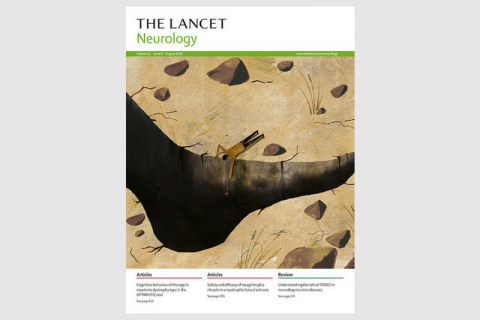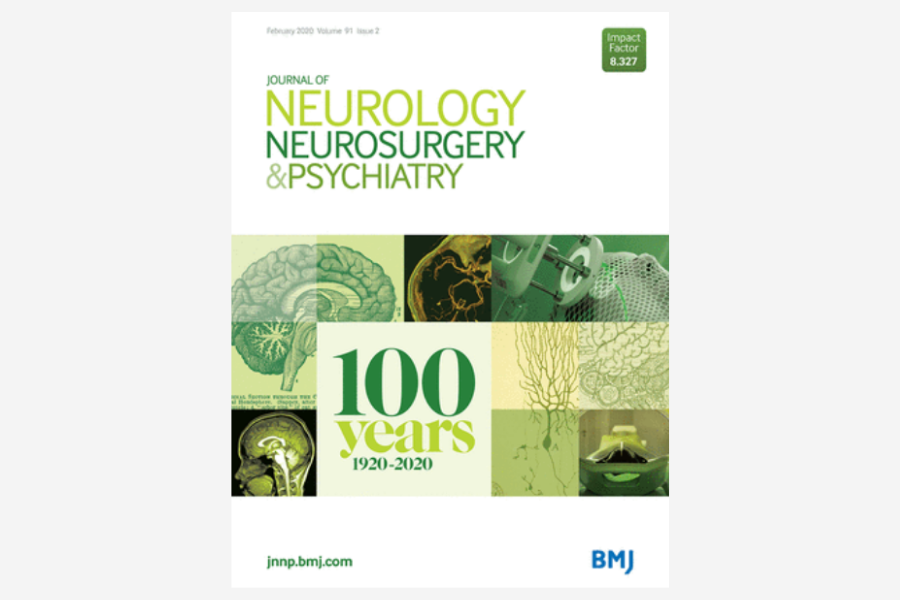
Journal of Neurology, Neurosurgery & Psychiatry
Fecha de publicación: 25 january 2019
DOI: http://dx.doi.org/10.1136/jnnp-2018-320050
Autores: Zina-Mary Manjaly, Neil A Harrison, Hugo D Critchley, Cao Tri Do, Gabor Stefanics, Nicole Wenderoth, Andreas Lutterotti, Alfred Müller, Klaas Enno Stephan
Background: Fatigue is one of the most common symptoms in multiple sclerosis (MS), with a major impact on patients’ quality of life. Currently, treatment proceeds by trial and error with limited success, probably due to the presence of multiple different underlying mechanisms. Recent neuroscientific advances offer the potential to develop tools for differentiating these mechanisms in individual patients and ultimately provide a principled basis for treatment selection.





